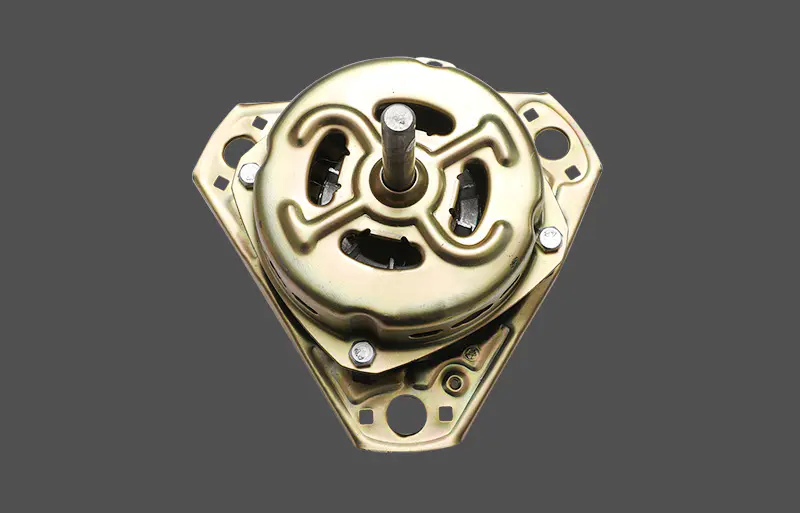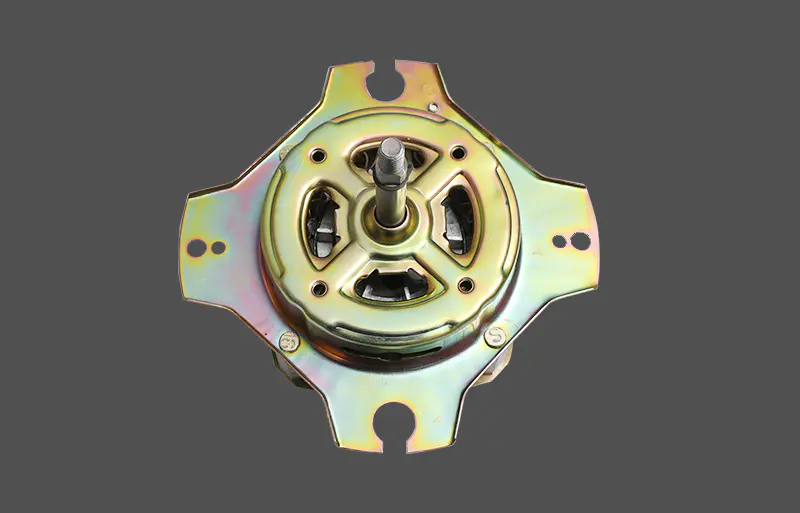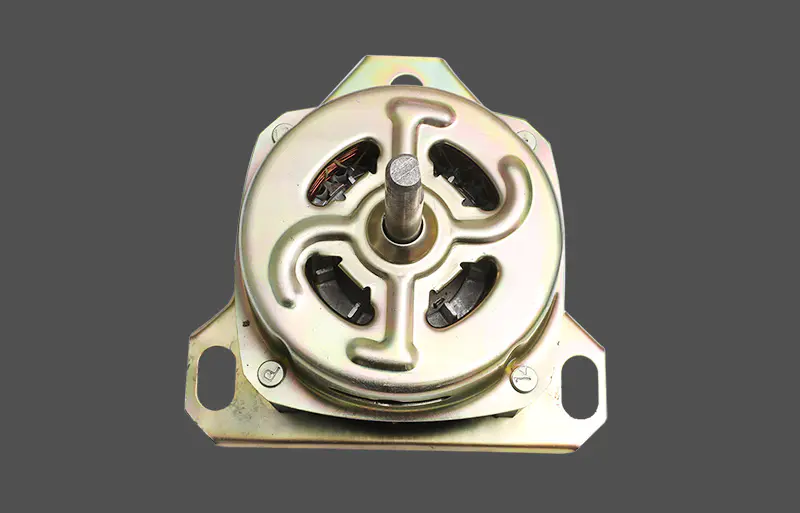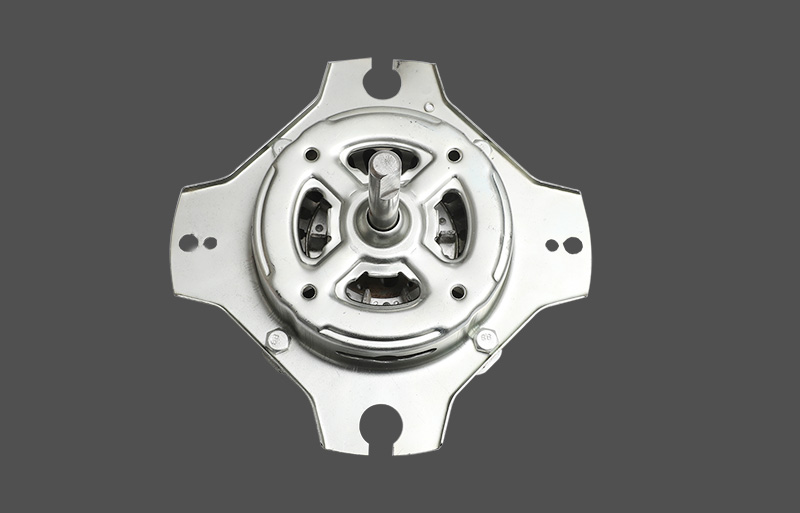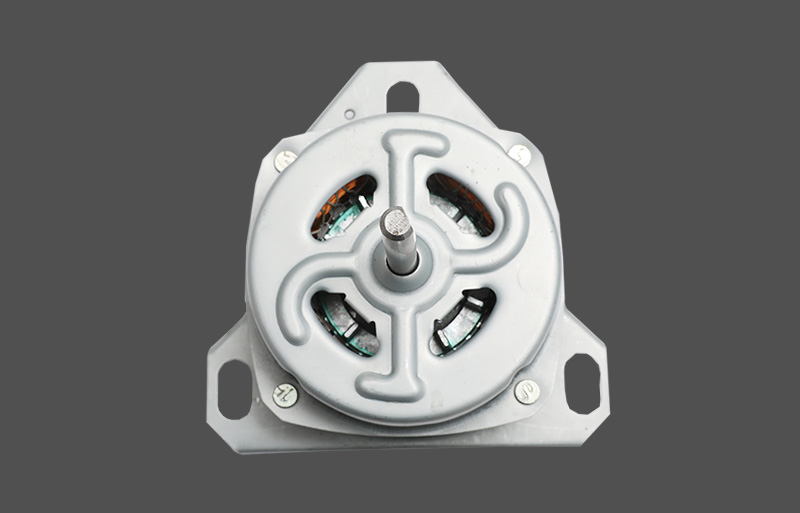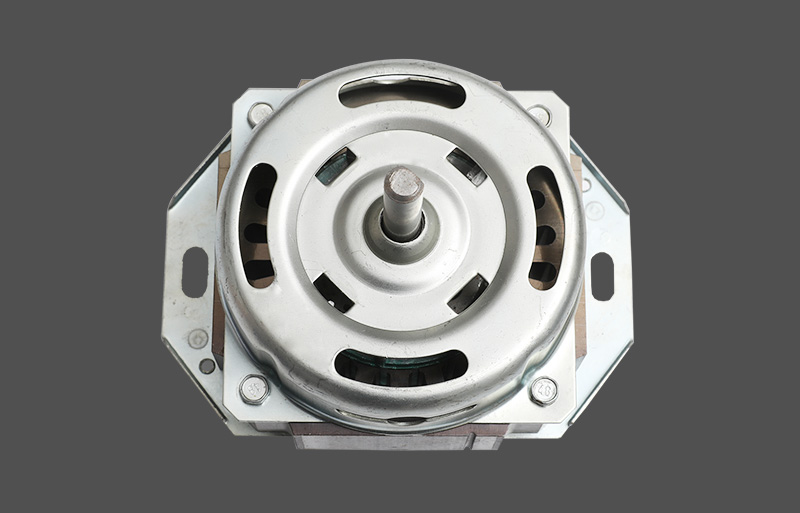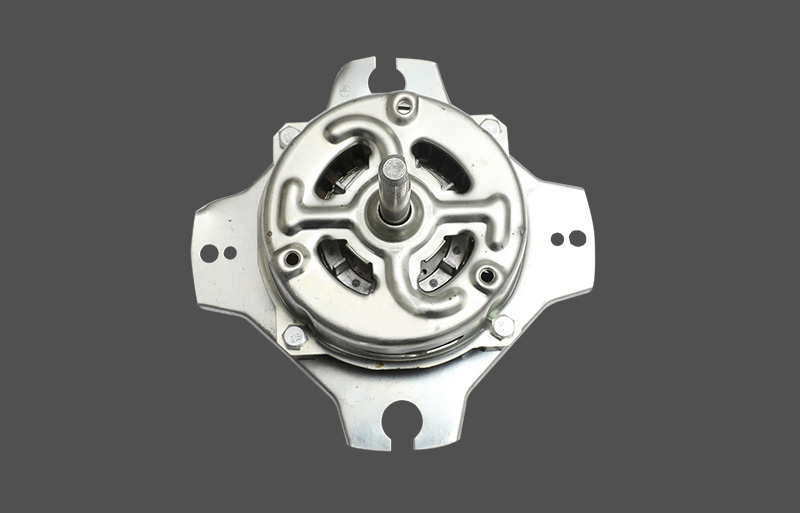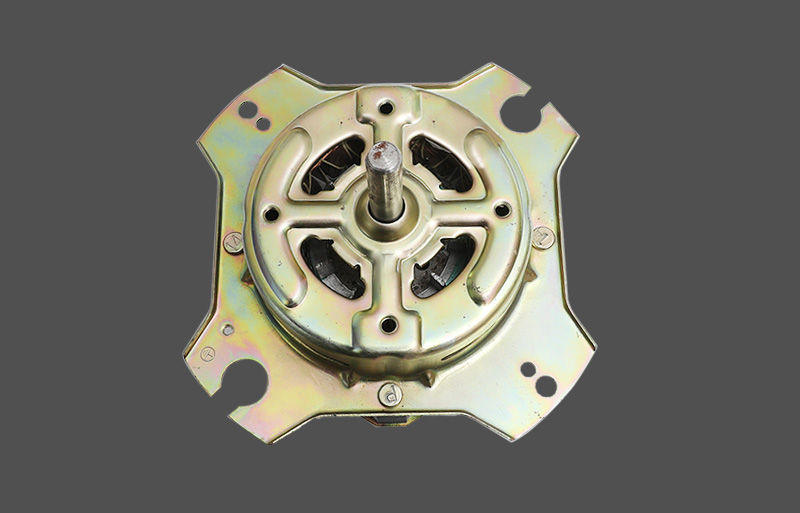The coil manufacturing of wall fan motor is a key link in motor production, which directly affects the performance and efficiency of the motor. When manufacturing coils, manufacturers need to pay attention to a series of aspects to ensure that the quality and performance of the coil meet the design requirements.
Material selection is a crucial step in coil manufacturing. Copper is a commonly used coil material because of its excellent electrical and thermal conductivity. Manufacturers need to choose high-quality, high-purity copper materials to reduce the resistance of the coil and improve the efficiency of the motor. In addition, the mechanical properties of the copper also need to be considered to ensure that the coil can withstand the corresponding forces and temperatures during operation.
The design and winding method of the coil have a direct impact on the performance of the motor. Manufacturers need to design a suitable coil structure according to the requirements of the motor, including the number of layers, turns and arrangement of the windings. This needs to take into account parameters such as motor power, voltage and speed to maximize the effectiveness of the coil. The winding process requires a high degree of automation and precision equipment to ensure the uniformity and compactness of the coil.
The insulation of the coil is also an important consideration. The selection of insulation materials and the thickness of the insulation layer are directly related to the safety and reliability of the motor. Proper insulation materials can prevent electrical shorts between coils and between coils and external structures, thereby increasing the life and stability of the motor. Manufacturers need to select appropriate insulation materials based on the motor's usage environment and safety standards.
When winding coils, manufacturers also need to consider the heat dissipation properties of the coil. Efficient heat dissipation can reduce the temperature of the coil and help improve the efficiency and stability of the motor. Therefore, when selecting the coil insulation material, you need to pay attention to its thermal conductivity to ensure that the coil can effectively dissipate the heat generated.
The coil winding process requires a high degree of precision and automated equipment to ensure that each coil is of the same specification and quality. Manufacturers often use computer numerically controlled (CNC) winding machines to achieve efficient and precise winding. This advanced technology ensures that coil winding meets design requirements, improves production efficiency and reduces human errors.




